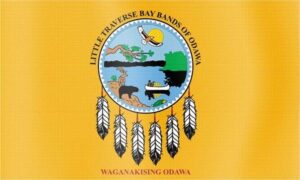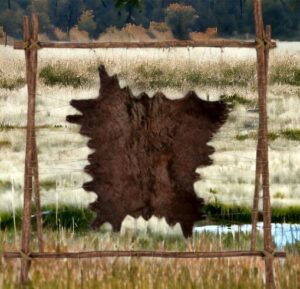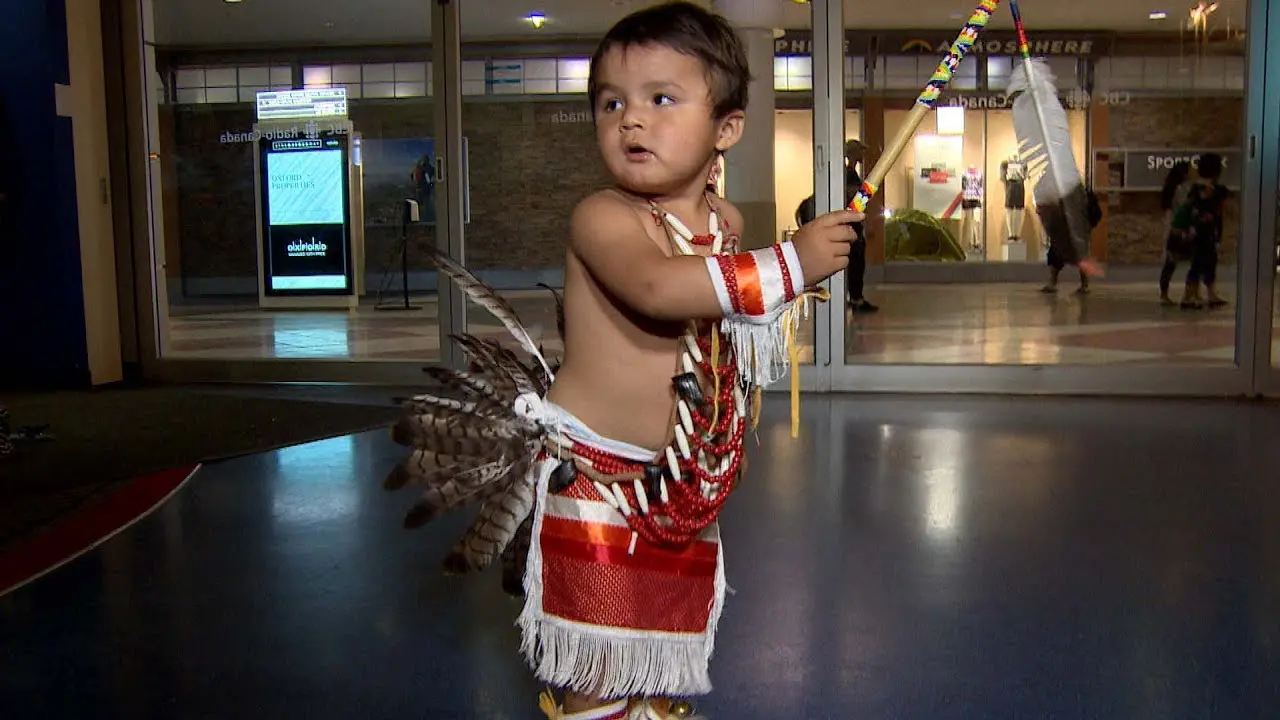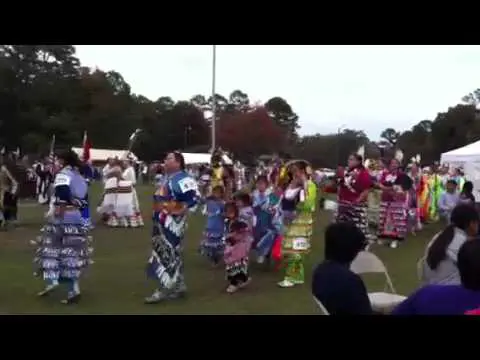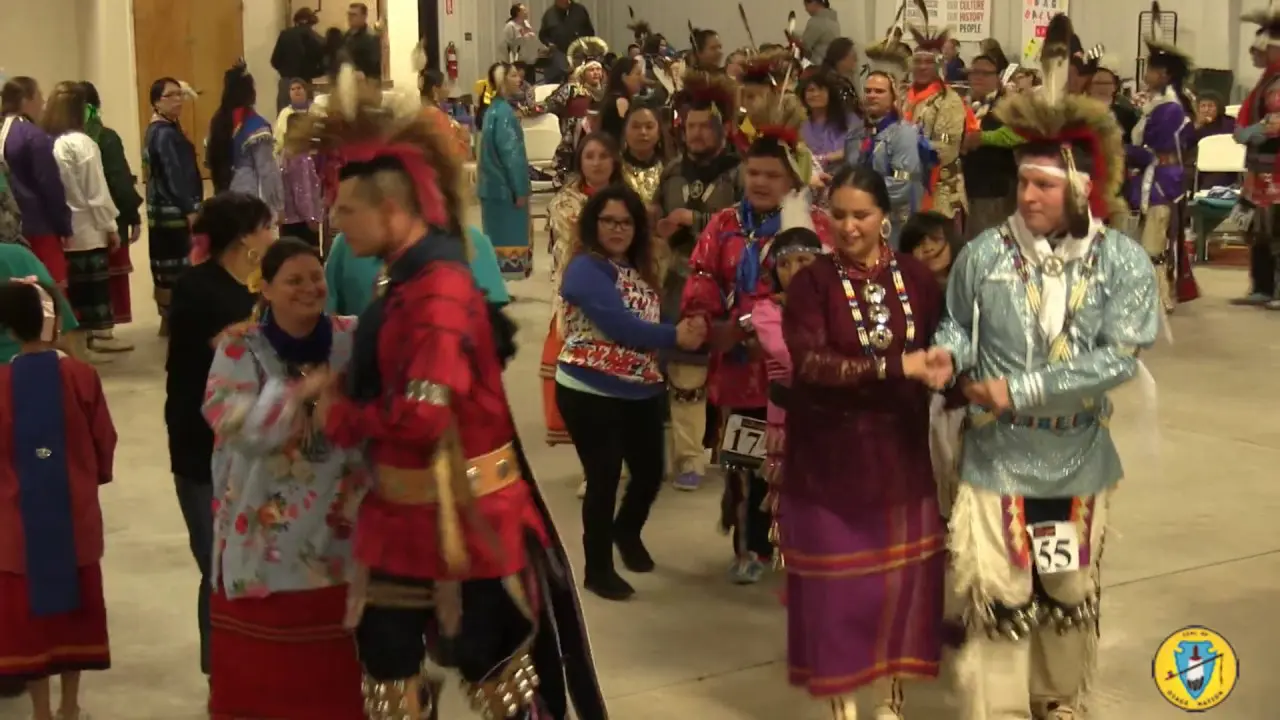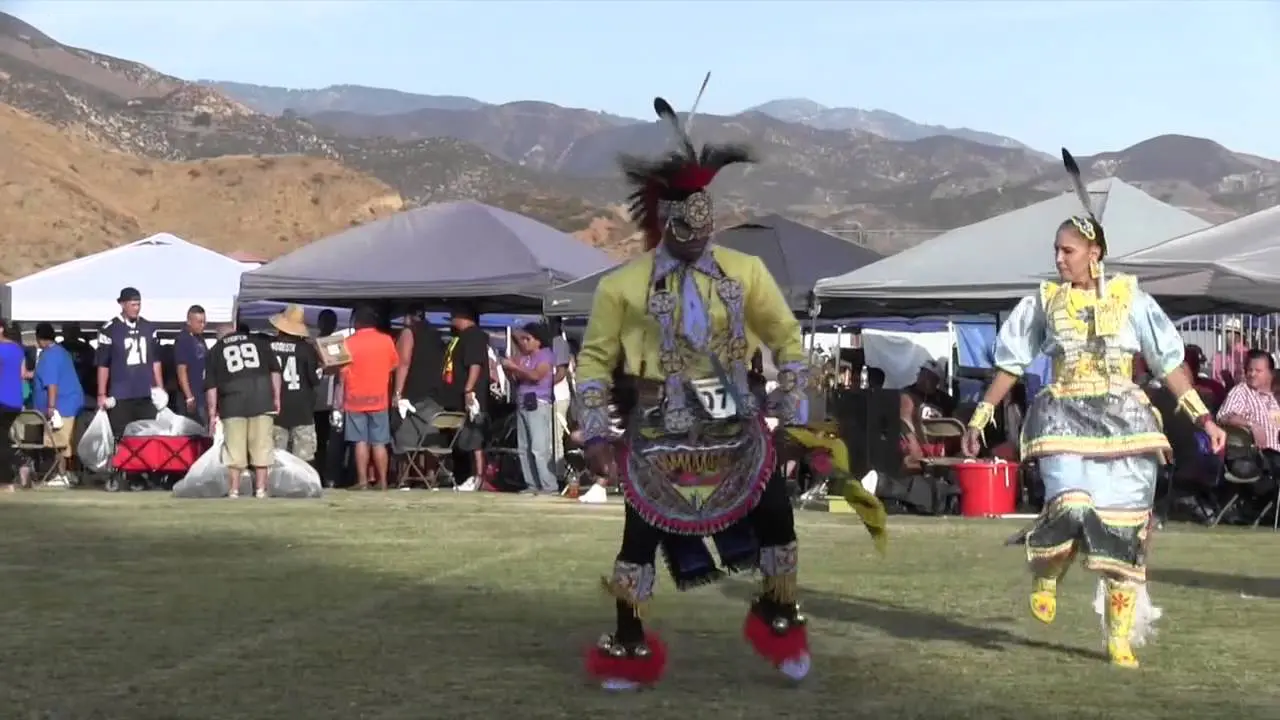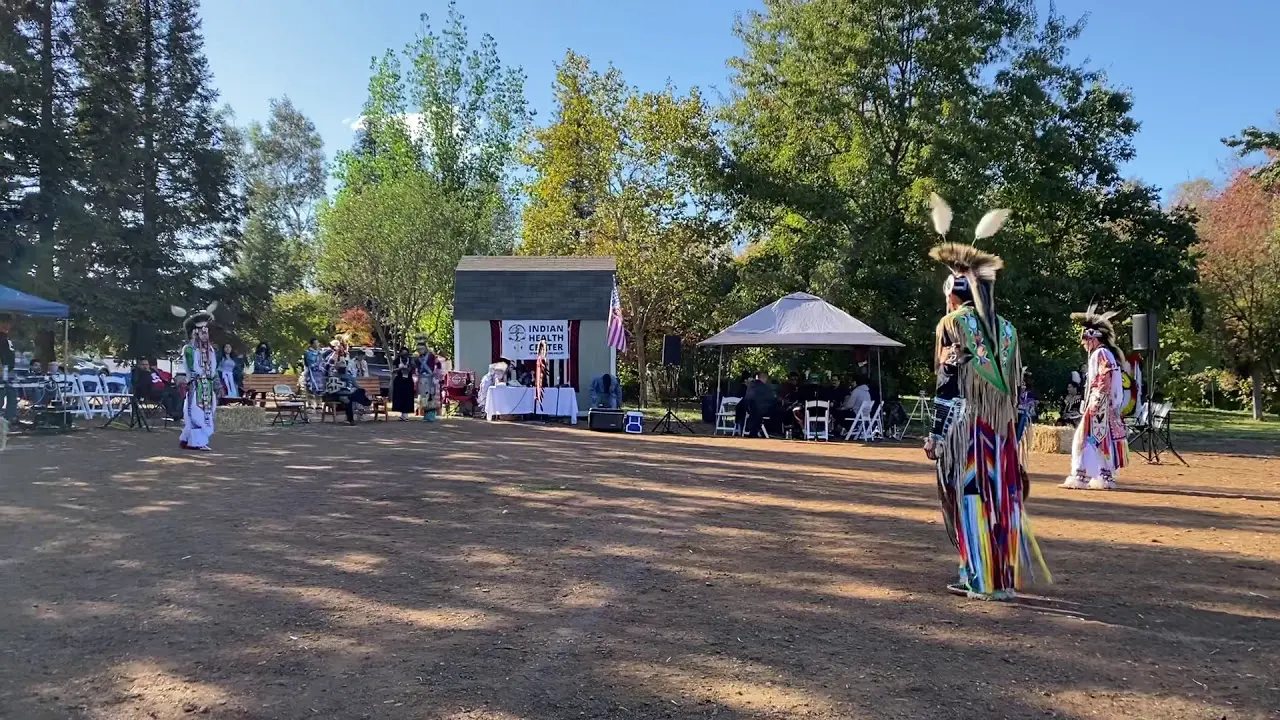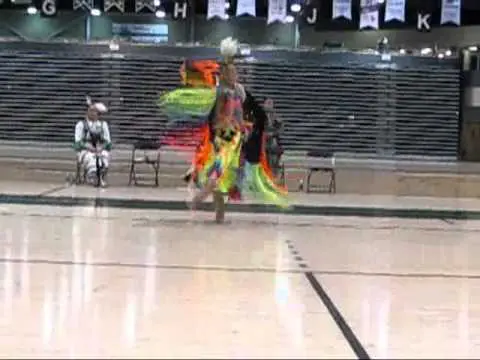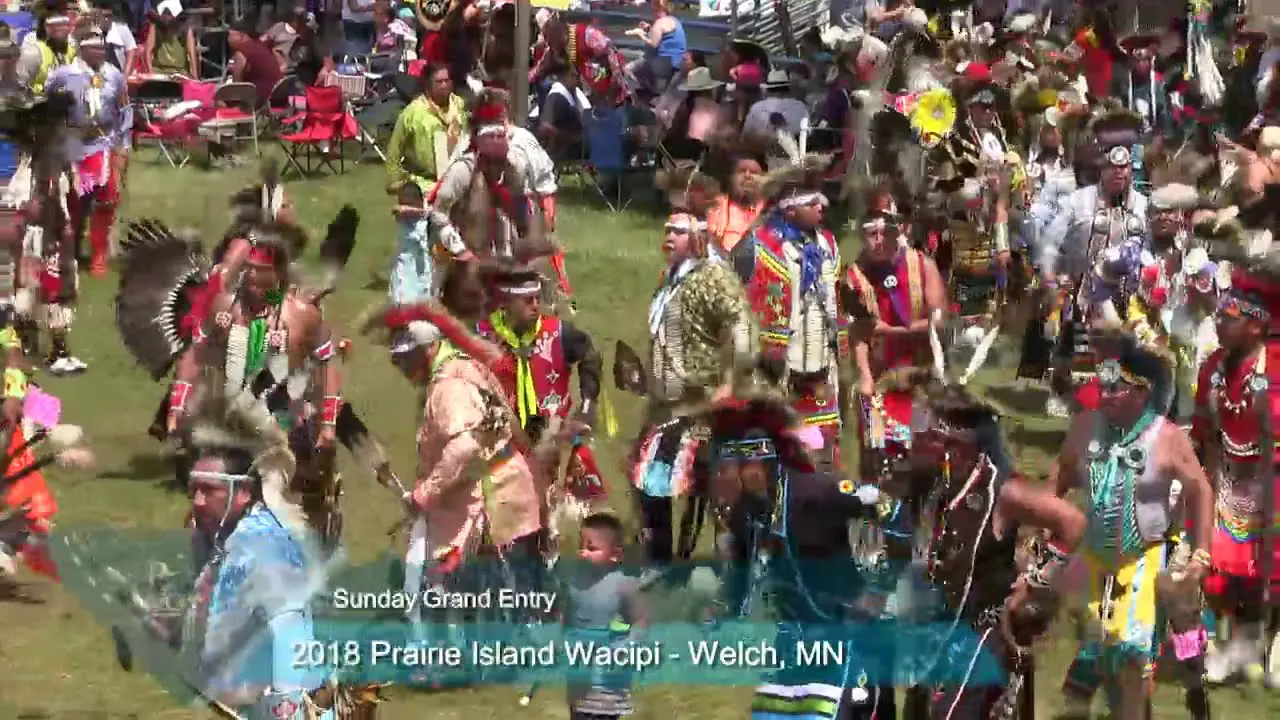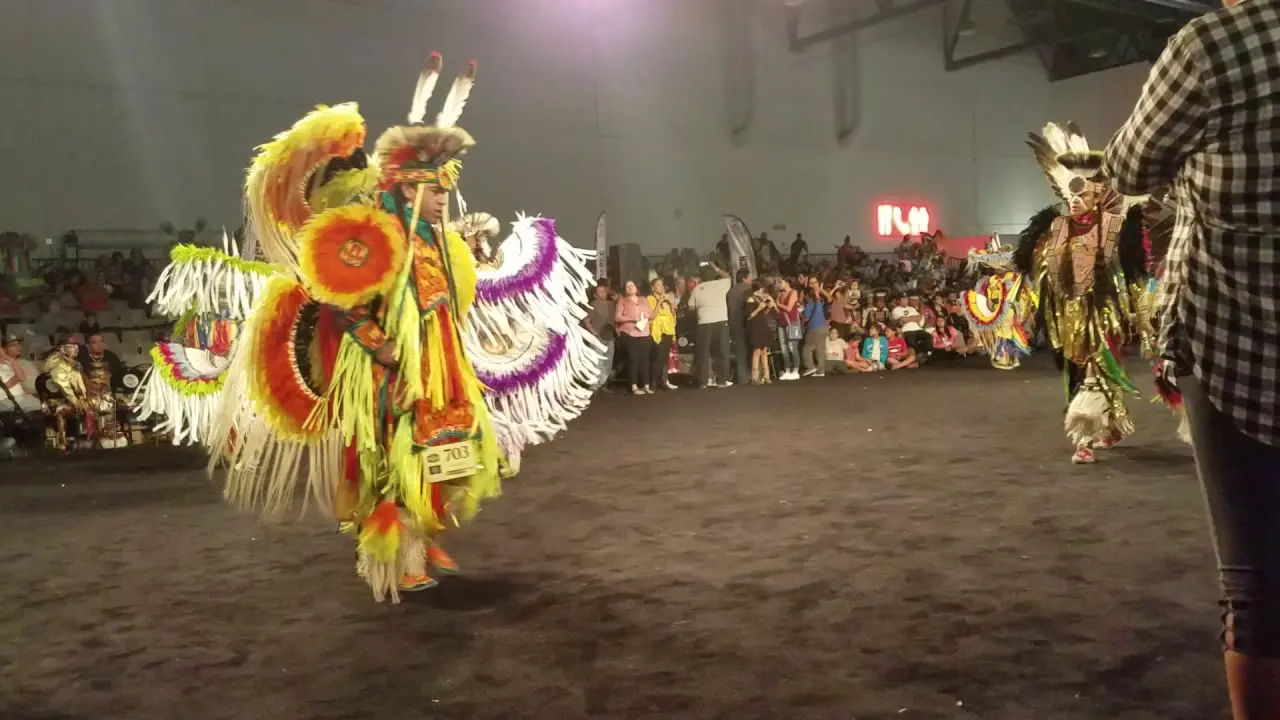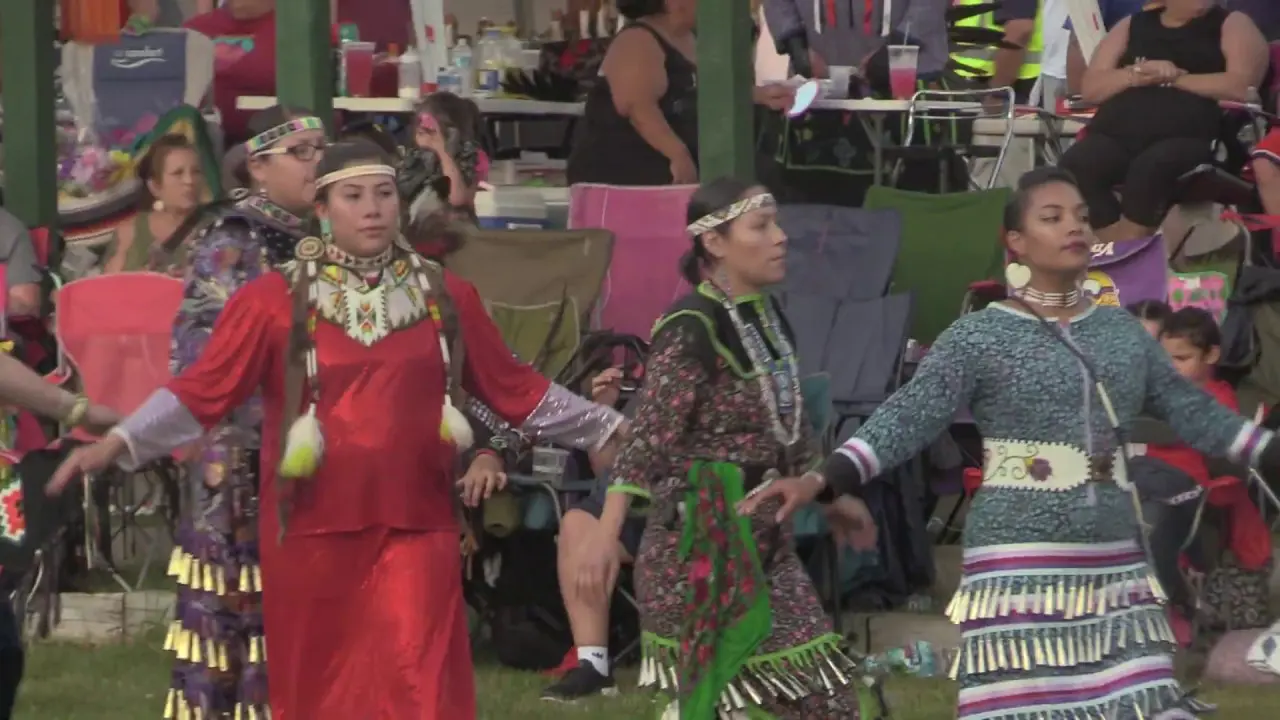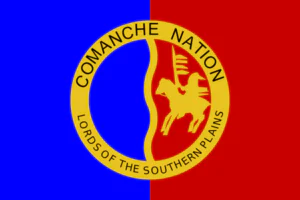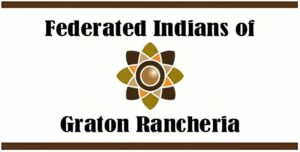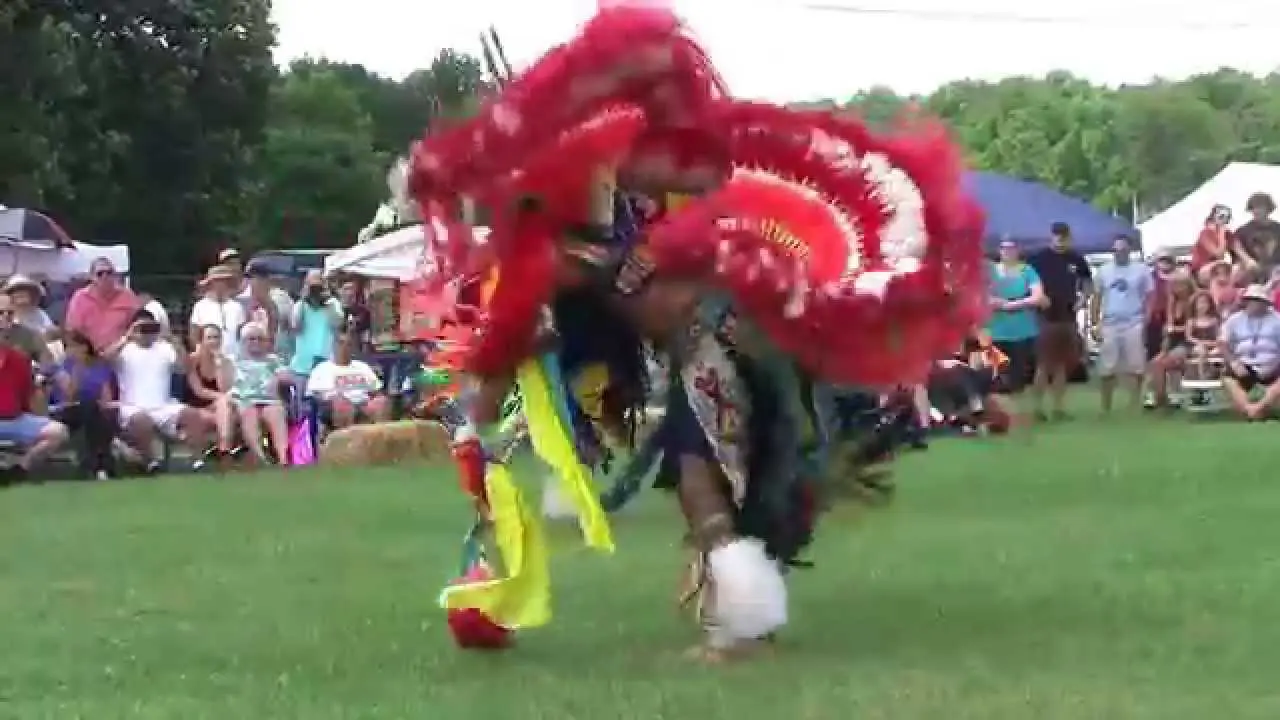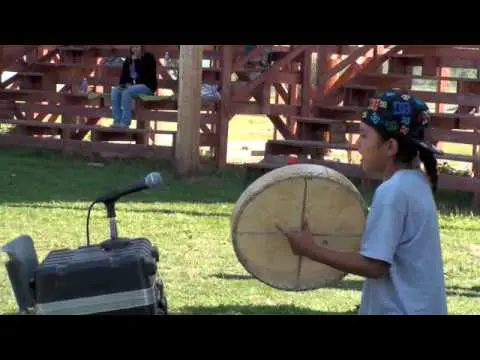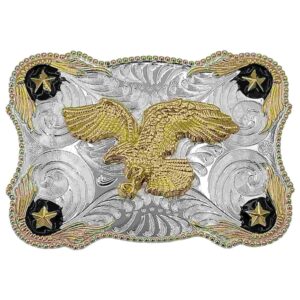The Little Traverse Bay Bands of Odawa Indians,located in the picturesque region of northern Michigan,represent a vibrant community steeped in rich history and cultural heritage. This federally recognized tribe, part of the larger Anishinaabe (or Ojibwe) family, is known for its deep connection to the land and water of the Great Lakes. With a population of over 4,000 enrolled members, the Little Traverse Bay Bands are dedicated to preserving their unique traditions while embracing contemporary challenges and opportunities.
Situated around Little Traverse Bay, this tribe has historically relied on the natural resources of the area for sustenance and cultural practices. From fishing in the pristine waters of the bay to gathering wild rice in the wetlands, these activities not only sustain their community but also reinforce their cultural identity. The tribe’s commitment to environmental stewardship is evident in ongoing initiatives aimed at protecting and restoring the natural habitat that has supported their ancestors for generations.
In addition to preserving their cultural legacy, the Little Traverse Bay Bands promote economic advancement through various enterprises ranging from tourism to gaming. The tribe operates the popular Odawa Casino Resort,which serves as both a major economic driver for the community and a hub for social gatherings and entertainment. This balance of tradition and progress exemplifies the resilience of the Little Traverse Bay Bands as they strive to thrive in the modern world while honoring their ancestral roots.As you delve deeper into the history, culture, and contemporary pursuits of the Little Traverse Bay Bands of Odawa Indians, you’ll discover a community that not only values its past but also actively shapes its future.Their ongoing journey highlights the importance of cultural preservation, economic self-sufficiency, and environmental sustainability, making them a vital part of Michigan’s diverse tapestry.
Origin Of The People
The Little Traverse Bay Bands of Odawa Indians, a federally recognized tribe located in Michigan, trace their origins back to the Odawa people, who have inhabited the region around the Great Lakes for thousands of years. The Odawa, part of the larger Algonquian-speaking peoples, played a meaningful role in the fur trade of the 17th and 18th centuries, establishing vital trade networks with both French and British settlers.
Historically, the Odawa were primarily a fishing and agricultural community, relying heavily on the bountiful natural resources of the Little Traverse Bay area. Their relationship with the land was deeply spiritual, underscored by a rich tradition of storytelling, rituals, and customs that emphasized respect for nature.Over generations, the tribe’s cultural practices evolved, incorporating elements influenced by trade interactions, warfare, and alliances with neighboring tribes, such as the Anishinaabe and the Ojibwe.
The signing of various treaties in the 19th century led to significant land loss and upheaval for the Little Traverse Bay Bands. Despite these challenges, the tribe has maintained a strong sense of identity and community. Revitalization efforts in recent decades have focused on cultural preservation, language initiatives, and restoring conventional practices. Today, the Little Traverse Bay Bands of Odawa Indians continue to celebrate their heritage through cultural events, educational programs, and active participation in governance, ensuring that the legacy of their ancestors remains vibrant and influential.
Tribal Homelands
The Little Traverse Bay Bands of Odawa Indians, located in Northern Michigan, are deeply rooted in the rich history and vibrant culture of their ancestral homelands. This Native American tribe primarily occupies areas around Little Traverse Bay, a stunning expanse of Lake Michigan, in Emmet and Charlevoix counties. These tribal homelands are not only significant for their natural beauty but also for their ancient and spiritual importance to the Odawa people.
The Odawa have long inhabited this region, relying on its abundant resources for sustenance and cultural practices. The landscape is characterized by lush forests, diverse wildlife, and pristine waters, all of which have contributed to the tribe’s traditional way of life. The seasonal movements of the tribe were intimately connected to the rhythms of nature, with fishing, hunting, and gathering playing crucial roles in their survival and cultural identity.
Today, the Little Traverse Bay Bands of Odawa Indians are actively working to preserve their heritage and promote environmental stewardship in their homelands. The tribe engages in a variety of initiatives to protect natural resources, such as water quality programs and land conservation projects, emphasizing their commitment to maintaining the health of the ecosystems that have sustained them for generations.
Cultural revitalization efforts are also prominent among the Odawa, with the tribe hosting events, workshops, and programs that celebrate their traditions, language, and arts. These initiatives not only serve to educate younger generations in their cultural heritage but also invite the broader community to engage with and respect the rich history of the Odawa people.
Additionally, the Little Traverse Bay Bands have established their governmental and economic presence in the region, operating various enterprises that support tribal development while also benefiting local economies. This blend of traditional practices and modern development reflects the resilience and adaptability of the Odawa tribe,ensuring that their homeland remains a vital part of their identity and future.
As stewards of their ancestral lands, the Little Traverse Bay Bands of Odawa Indians continue to foster a deep connection with their territory, ensuring that the beauty and resources of Northern Michigan are preserved for future generations.
Interactions With Settlers
Interactions between the Little Traverse Bay Bands of Odawa Indians and settlers during the 18th and 19th centuries reveal a complex tapestry of cooperation and conflict shaped by economic, social, and cultural exchanges.
Positive interactions often centered around trade and the sharing of resources. The Odawa, known for their expert canoe-building and fishing skills, engaged in commerce with European settlers, exchanging furs and fish for tools, metal goods, and other staples. This mutually beneficial relationship played a vital role in the settlers’ survival and expansion, particularly as they adapted to the region’s rich natural resources.The Odawa also participated in the fur trade, establishing relationships that facilitated economic growth for both groups. In many instances,intermarriage occurred,leading to the blending of cultures and the establishment of kinship ties that would help forge bonds beyond mere commerce.
However, these interactions were not without their conflicts.As settlers encroached on the Odawa’s ancestral lands, tensions rose over land ownership and usage. The introduction of settler farming practices often clashed with traditional Odawa fishing and hunting rights,leading to significant disputes over territory. The signing of treaties often favored settlers, resulting in the loss of vast tracts of land for the Odawa. The decline of beaver populations due to overhunting by settlers also substantially impacted the Odawa, whose economy was traditionally linked to the fur trade.
Moreover, the cultural misunderstandings between the Odawa and settlers frequently exacerbated tensions.The settlers’ views on land ownership starkly contrasted with the Odawa’s spiritual connection to the land, leading to conflicts over land use priorities. The imposition of Western legal systems further marginalized Native practices and governance, creating a rift that hindered cooperation and led to a sense of alienation among the Odawa people.
Despite these challenges, some settlers advocated for Native rights and sought to educate others on the importance of respecting Odawa culture and heritage. Efforts such as these showed glimpses of potential for a more harmonious coexistence, highlighting the diverse perspectives among settlers regarding their relationships with Indigenous peoples. The history of interactions between the Little Traverse Bay Bands of Odawa Indians and settlers presents a nuanced story of collaboration, adaptation, and resistance, reflecting the complex realities of American history.
Most Notable Events In Their Tribal History
The Little Traverse Bay Bands of Odawa Indians, located in Michigan, have a rich and vibrant history that reflects their resilience and cultural significance. One of the most notable events in their tribal history is the signing of the Treaty of Fort Meigs in 1817. This treaty recognized the Odawa’s rights to their traditional lands and affirmed their sovereignty, a pivotal moment that shaped their relationship with the U.S. government.In the mid-1800s,the Odawa faced numerous challenges,including encroachment on their lands and the impacts of westward expansion. Despite these pressures, they demonstrated remarkable adaptability, maintaining their cultural practices and social structures. This era saw the establishment of various tribal councils and community gatherings, fostering unity among the tribe.
A significant milestone for the Little Traverse Bay Bands occurred in 1994 when they were federally recognized by the United States. This recognition brought a renewed sense of identity and autonomy, allowing the tribe to reclaim its rights over ancestral lands and engage in self-governance. The establishment of a tribal government enabled the tribe to manage various programs, including education, health services, and economic development, ultimately improving the quality of life for its members.The 2000s marked another transformative period for the tribe as they revitalized their cultural heritage through language preservation and traditional practices. The launch of the Odawa Language Project aimed to teach younger generations about their ancestral language, ensuring the survival of their rich cultural identity.
Today, the Little Traverse Bay Bands continue to celebrate their history and heritage through events such as powwows and cultural festivals, drawing attention to their enduring traditions and contributions to the state of Michigan. In these gatherings, the tribe showcases not only their historical narratives but also their contemporary achievements, reinforcing their place in the broader tapestry of Native American history.
Where Are Their Tribal Lands Now And How Were They Established
The Little Traverse Bay Bands of Odawa Indians, located in Northern Michigan, primarily occupy the region around Little Traverse Bay along the shores of Lake Michigan. Their tribal lands encompass a portion of Emmet and Charlevoix counties, with the heart of their community situated in Harbor Springs. The establishment of these lands originates from treaties and agreements made throughout the 19th century, most notably the Treaty of 1836, which ceded large portions of tribal territory to the U.S.government.
Despite these cessions, a significant part of their ancestral territory was restored to them through subsequent legal and political efforts. The tribe gained federal recognition in 2010, which reaffirmed their sovereignty and allowed them more legal claim over their historical lands. Today, the tribal government actively works on land development and conservation projects to protect their heritage and the natural resources found within their territory.
Efforts by the Little Traverse Bay Bands also include reclamation of lands and dedication to preserving cultural sites that are vital to the Odawa identity.Their ongoing initiatives are aimed at promoting environmental sustainability while fostering economic opportunities for their members, blending tradition with modern needs. The creation of the Little Traverse Bay Bands of Odawa Indian Reservation marks a significant milestone in their journey to reclaim their rightful place in Michigan’s rich tapestry of indigenous history.
Modern Concerns Of The Tribe
The Little Traverse Bay Bands of Odawa Indians, based in northern Michigan, face a range of modern concerns that reflect both their cultural identity and socioeconomic challenges. One of the most pressing issues is the preservation of their ancestral lands and natural resources.With the onset of climate change, threats such as rising water levels in Lake Michigan and the loss of biodiversity put their traditional ways of life at risk. The tribe actively engages in conservation efforts to protect their surroundings, promoting enduring practices in agriculture and fishing that align with their cultural heritage.
Economic development is another crucial focus for the Little Traverse Bay Bands. While the tribe has made strides in creating jobs and revenue through ventures such as the Odawa Casino Resort,there remains a need for diversification and resilience against market fluctuations. Many tribal members are committed to entrepreneurship, seeking to build sustainable businesses that not only support the community but also honor traditional Odawa practices.Healthcare access is an ongoing concern, particularly in light of the COVID-19 pandemic. The tribe has worked to improve health services and increase awareness around preventative care, addressing the disparities that often affect Indigenous communities. Mental health services, in particular, have gained attention as the tribe navigates the intergenerational trauma resulting from historical injustices.
Education is also a significant concern for the Little Traverse Bay Bands. The tribe emphasizes the importance of teaching Odawa language and culture to younger generations, ensuring the survival of their heritage. Efforts to incorporate traditional ecological knowledge into local schools and community programs are seen as vital for fostering a sense of identity and belonging among youth.
Lastly, gaming regulations and legislation remain a critical aspect of the tribe’s governance.As discussions about gambling and economic sovereignty evolve at local and national levels, the Little Traverse Bay Bands actively participate in advocacy to protect their rights to self-determination and economic independence.
Through their commitment to cultural preservation,economic development,healthcare access,education,and governance,the Little Traverse Bay Bands of Odawa Indians continue to navigate the complexities of modern life while striving to ensure a thriving future for their community.
Events And Other Social And Political Activities
The Little Traverse Bay Bands of Odawa Indians have a rich history of active participation in social and political events that reflect their commitment to sovereignty, cultural preservation, and community well-being.One of the focal points of their political activities has been their engagement in advocacy for tribal rights, sovereignty, and environmental protection. The tribe regularly participates in statewide and national discussions regarding Native American issues, ensuring their voice is heard in matters that affect their community.
In recent years, the Little Traverse Bay Bands have hosted events such as cultural festivals and traditional gatherings aimed at promoting Odawa culture and heritage. These celebrations frequently enough feature traditional dance, music, art, and food, providing tribal members and the public a unique possibility to learn about the Odawa way of life. The annual Odawa Powwow is one of the most anticipated events, drawing in participants and visitors alike, and showcasing the vibrant culture through both competition and party.
The tribe also engages in educational initiatives, collaborating with local schools and universities to provide programs that educate on Native American history and promote understanding of Indigenous issues. Such programs not only empower the younger generation but also contribute to a broader dialog about Native American rights and traditions.
Moreover, the Little Traverse Bay Bands of Odawa Indians have taken significant steps in environmental stewardship, promoting sustainable practices and advocating for the protection of natural resources. Their commitment to environmental sustainability can be seen through initiatives like the Tribal Environmental Program, which focuses on restoring and safeguarding crucial habitats and waterways in their ancestral lands.
Political activism manifests in their participation in treaties and legal frameworks that affect the tribe’s sovereignty and rights. The Little Traverse Bay Bands have engaged in litigation to protect their fishing and hunting rights, building alliances with other tribes to strengthen their position on these critical issues. This solidarity among tribes highlights their shared challenges and collective power in advocating for their interests.
Community engagement is also a vital aspect of the tribe’s social activities.The Little Traverse Bay Bands of Odawa Indians run various programs designed to support health and wellness, economic development, and social services for their members. These initiatives not only foster a sense of community but also ensure that resources are available for those in need, enhancing the overall quality of life for tribal members.
Through these multifaceted events and activities, the Little Traverse Bay Bands of Odawa Indians exemplify a vibrant community dedicated to preserving their heritage while actively shaping their future within the broader social and political landscape of Michigan and beyond.

